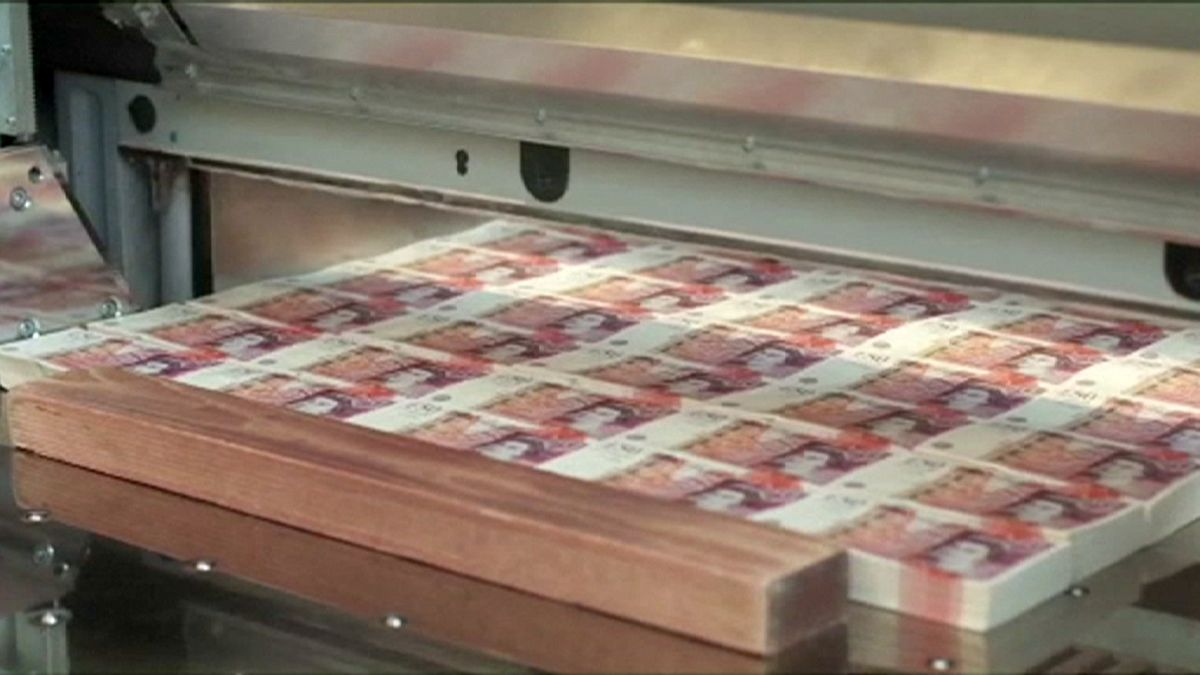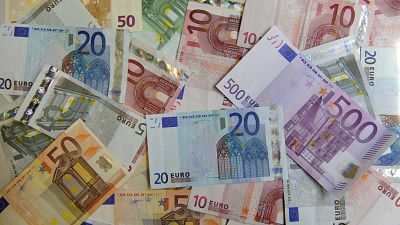With both sides in the British referendum on European Union membership trying to win over the many still undecided voters, small businesses have become a key battleground.
The latest opinion polls ahead of the British referendum on European Union membership show the campaign to leave the EU gaining momentum.
Both sides are trying to win over the large number of still undecided voters with warnings about the economy and immigration.
One independent think-tank pointed out that there is a reason so many Britons have yet to make up their minds.
Dr Angus Armstrong, Director of Macroeconomics with the National Institute of Economic and Social Research, explained: “No country the size of the United Kingdom has ever left such an integrated economic union. In other words, there is no precedent to look back on and draw lessons – so we’re in uncharted territory here. Many people say they would like to have more facts. The difficulty is we haven’t been here before.”
After Brexit: how important would UK trade be to the EU? | National Institute of Economic and Social Research https://t.co/BTp8Rwf1a8
— Prof Andy Demaine (@andy_demaine) June 4, 2016
Small businesses are a key battleground – but they too are split.
‘Once in a lifetime opportunity’
The boss of the UK’s largest constructor of steel buildings blames Brussels for costly and unnecessary regulations.
Simon Boyd, managing director of Reid Steel, said: “I think we have to take this opportunity, it’s a once in a lifetime opportunity, to take back control of our own destiny. From a business perspective the European Union has been very bad for us. We are over-regulated and held back as a result of that regulation.”
The uncertainly over the effects on trade and the economy is what worries other business owners.
That includes the fact that if the UK left the EU it would have to negotiate multiple trade deals with its former European partners and countries around the world.
Ease of trade is key
Jason Wouhra, the chairman of spice and food importer East End Foods, said he is not comfortable with the uncertainty of leaving: “The ease of trade within Europe is one of the key points from a business perspective. The registrations within Europe were the easiest to put through because it’s one application for the brand, and cost-wise and efficiency-wise that’s excellent. So there are a lot of advantages in terms of the European perspective that help us as a business.”
The UK’s central bank, Bank of England, has said a so-called Brexit would also weaken the pound, increasing the cost of imported goods and spurring inflation.
The uncertainty would likely hit smaller businesses harder than others mainly by making it more difficult for them to get loans as banks tend to avoid making loans they consider to be riskier during times of stress.
Small businesses experiencing “information deficit” on Brexit says the Federation of Small Businesses https://t.co/JYNf9XSUG4
— Red Five PR (@RedFivePR) March 2, 2016
The latest opinion polls pushed down the value of the pound, against the US dollar and the euro on Monday.
The UK’s Federation of Small Businesses says many of its members are still undecided. When they were surveyed last year 47 percent said they supported EU membership and 41 percent wanted to leave.
However, another poll in February found that 42 percent had not made a final decision and said their votes could still be swayed.
Britain’s 5.4 million small and medium-size enterprises account for 99 percent of Britain’s businesses and employ 15.6 million people, or half of those working in the private sector.



